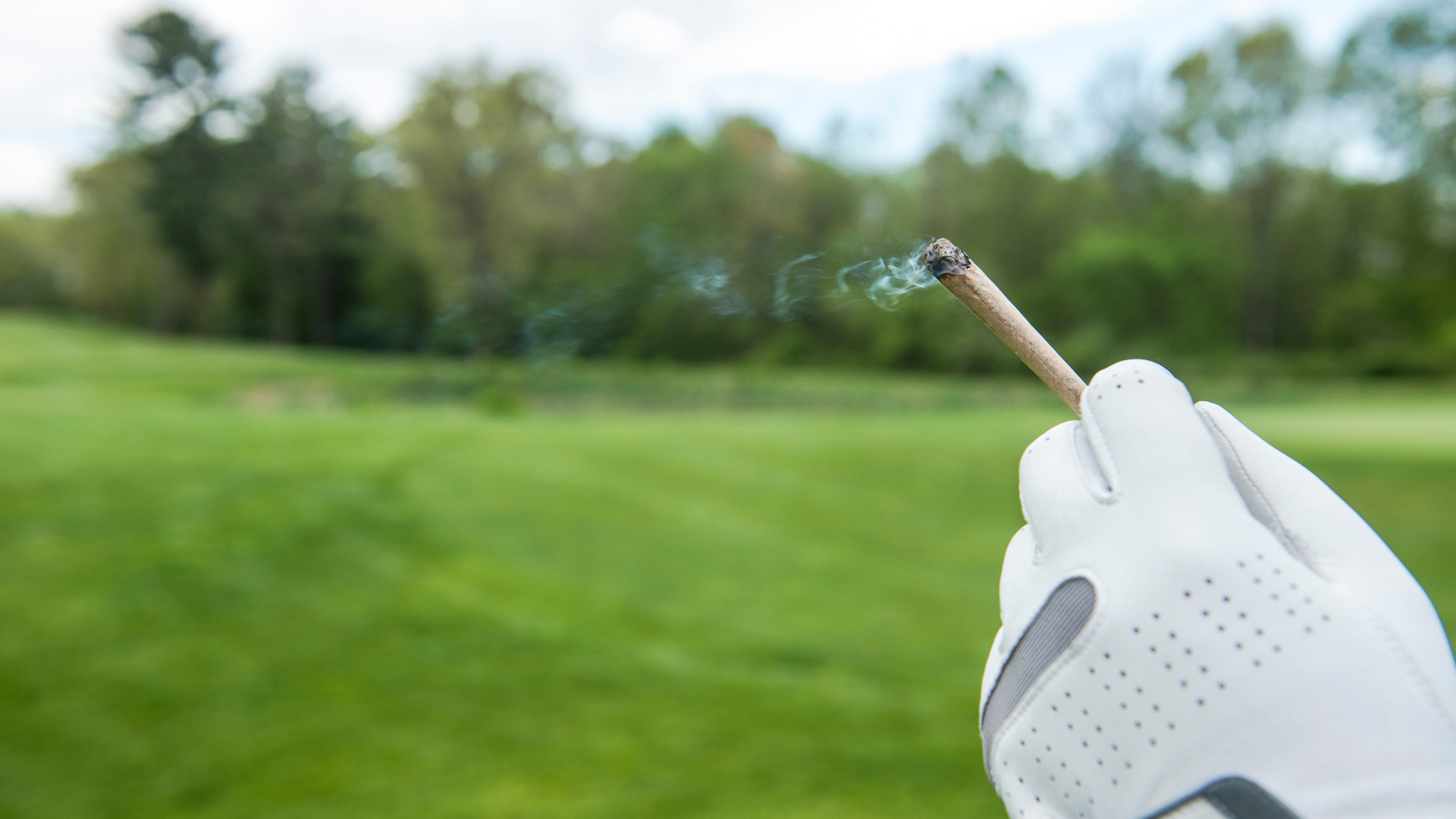Blog
What We Know About the PGA’s Cannabis Policy
More and more states are legalizing the use of cannabis for both recreational and medical purposes, leading to a shift in societal attitudes towards the plant and how it is consumed.
Industries, jobs, and organizations that in the past had a hard ban on cannabis consumption, are becoming more open to its use and medicinal values.
For professional golfers, the PGA Tour has announced its official stance on cannabis use as part of its Anti-Doping Program policy:
Marijuana is illegal under federal law and in most other countries. Involvement with illegal substances goes against the spirit of our sport.
Yet even with these strict regulations and practices implemented for PGA players, GOLF’s Anonymous Pro Survey showed nearly 60% of the 52 Tour players who were polled at the 2019 Safeway Open said the Tour should permit cannabis. “They should add nicotine,” suggested one anonymous golfer.
Other major leagues are stepping up to support the green by reforming policies and standards of their drug testing. Although the future of a more positive perception of cannabis and golf may seem a bit hazy, here’s all that we know about the PGA’s policy on cannabis.

The PGA’s Anti-Doping Program
The Professional Golfers Association has been drug testing its players since 2008, with the most recent change to the PGA’s policy in 2017.
For years, the PGA was only allowed to acknowledge if a player has been suspended for violating any part of the anti-doping policy for performance-enhancing drugs. Now, the PGA Tour has announced players must receive blood testing for drug screening and will disclose any player who is suspended for violation.
Throughout any point of the professional golf season, players will be randomly assigned to perform a urine or blood test. The main difference between the two tests is the detection of human growth hormone and erythropoietin (EPO) – found in performance-enhancing substances.
As for the threshold at which these drug tests are set, the PGA’s Official Anti-Doping Program Manual states, “USADA reports that inadvertent exposure to marijuana smoke by passive inhalation is not going to cause the test result to exceed the threshold.
What to Know About the World Anti-Doping Agency Rules & Violations
These changes in the PGA’s drug policy were made to further align with that of the World Anti-Doping Agency (WADA). The Tour is in direct compliance with these policies set by the WADA and is in full effect during each urine or blood test received by golf players.
The WADA defines the following ten statements as part of their Anti-Doping Rule Code of Violations:
- ‘Presence of a prohibited substance or its metabolites or markers in an athlete’s sample
- Use or attempted use by an athlete of a prohibited substance or a prohibited method
- Evading, refusing or failing to submit to sample collection
- Whereabouts failures (any combination of three missed tests and/or filing failures within a 12-month period by an athlete)
- Tampering or attempted tampering with any part of doping control
- Possession of a prohibited substance or a prohibited method
- Trafficking or attempted trafficking in any prohibited substance or prohibited method
- Administration or attempted administration to any athlete in-competition of any prohibited substance or prohibited method or administration or attempted administration to any athlete out-of-competition of any prohibited substance or any prohibited method that is prohibited out-of-competition.
- Complicity (assisting, encouraging, aiding, abetting, or any other type of intentional complicity involving an Anti-Doping Rule Violation)
- Prohibited Association
The many substances in part of the Anti-Doping Rule Violation range from everything to asthma and anti-inflammatory medications, to “drugs of abuse” such as hashish, cannabis, cocaine, ecstasy, PCP, DMA, and methamphetamine.

Cannabis & Sports: Making Moves
As of recently, many major league sports organizations in the country have reformed policies regarding illegal substance use, and how their players get drug tested.
- NBA: The National Basketball Players Association recently announced a tentative deal that states the league will no longer test basketball players for marijuana, and remove the drug testing program and any penalizations for its use.
- NHL: As of date, the National Hockey League does not classify cannabis as a banned substance for players, and are not punished for positive tests. However, if higher concentrations of THC and cannabinoid levels are detected during a player’s urine test, they have the option to enter the league’s Substance Abuse and Behavioral Healthy program anonymously and at their discretion.
- MLB: In 2019, Major League Baseball removed cannabis from its banned substance list, allowing the option for players to consume and use it in their off time. However, MLB players run the risk of punishment for any signs of appearing “under the influence” during any scope of their employment – including games, practices, meetings, or workouts.
- NFL: The National Football League has a particularly complicated history with its policy on marijuana. The suspension of players who have tested positive from drug tests over the years has sparked controversy in the league’s restrictions.In 2021, the NFL changed its policy on cannabis, allowing players to consume it during the offseason and restricting it during the game season. The league also raised the threshold for a positive marijuana test – from 35 nanograms to 150, with fines instead of suspensions for players who test positive.
Many of these major sports leagues have shifted these policies to similarly reflect their rules on sports and alcohol use – while players won’t get penalized for consuming, it’s a substance that is recommended for the off time they have.

Moving Towards a Positive Perception at the TeeHC Open
More states are legalizing cannabis, and organizations and corporations are reevaluating the plant’s medicinal use and value. Because of this, we can expect to see drug and substance use policies from all sorts of organizations continuing to evolve.
Until then, golf and cannabis will continue to emerge into a symbiotic lifestyle and culture. Some athletes use THC or CBD products to calm their nerves before a game or to relax and unwind after it. Others may prefer the benefits of a refreshingly infused beverage over alcohol on the green.
However you associate cannabis and golf, there’s one networking event ready to set a higher and more positive standard between the two.
The TeeHC Open is a cannabis and golf networking event held for cannabis industry leaders, brands, and businesses to join together and enjoy the spirit of the sport. The day is full of highly competitive rounds of golf, and interactive activities like hula hoop contests, cannabis and painting sessions, and so much more!
Contact us to sign up for this year’s TeeHC Open!
Related Posts
-
Leveraging LinkedIn for Cannabis Networking Success
In any industry, networking has become an indispensable tool for career growth and success. Building meaningful connections can...
-
5 Non-Traditional Ways to Network for Your Cannabis Company
When it comes to a new cannabis business networking opportunity, you know the drill – you exchange a...
-
How to Build a Killer Brand Activation at Industry Events
We live in an era marked by overwhelm – of information, of choice, of competition. In a saturated...


.svg)